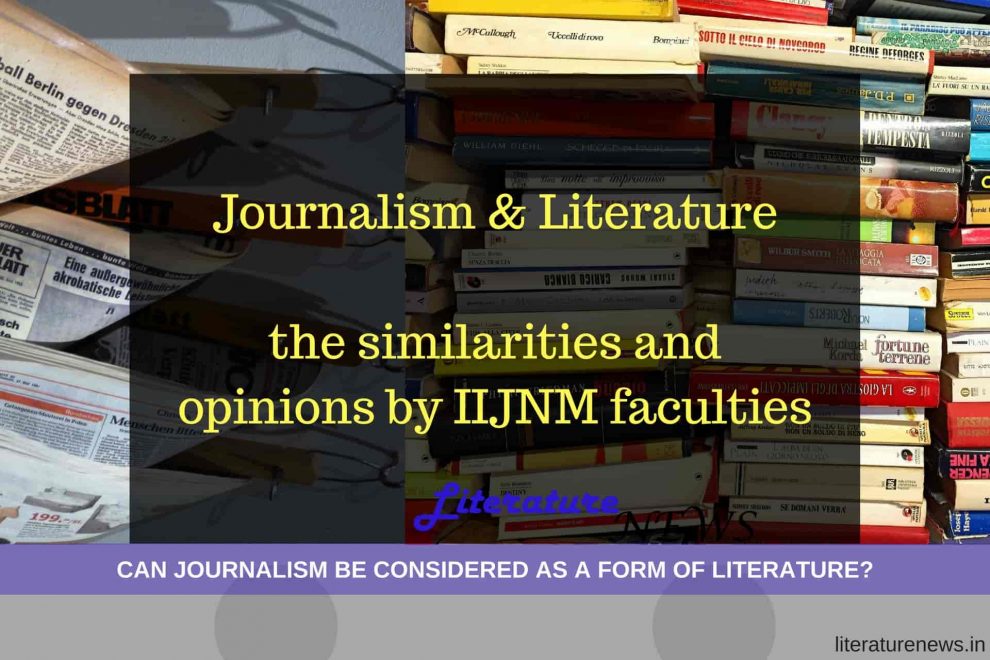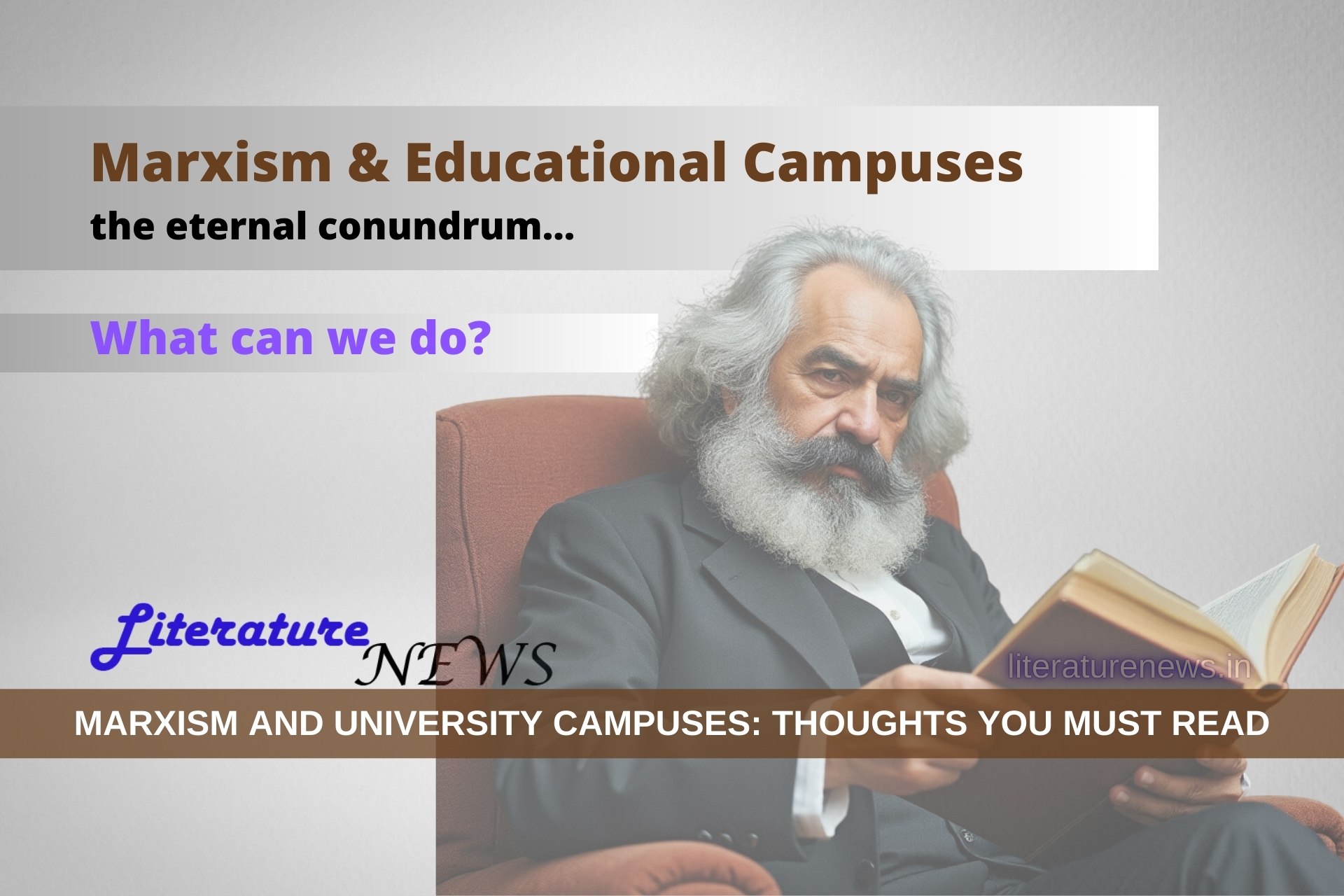What kind of a literature journalism might be? Can we call it a prose? Can we call it so long a non-fiction which is seldom read completely? Can we say that journalism is a poetry? Well, there might be agreements and arguments on these issues; however, one thing is certain that like all the ‘good’ pieces of literature, journalism also bears the same responsibility – strengthening the society and providing a constructive platform for discussions. And therefore, we can safely assume that journalism is certainly a part of literature and we might end up calling it an ‘instant literature’. And that’s why we see a major literary award like Pulitzer Prize going to newspapers like The New York Times, The Washington Post, Miami Herald, Chicago Times and many others.
When we talk about journalism and literature, we must think about Indian journalism as well. Various languages, various names, various slogans and various ways of conveying the desired message but the aim, however, is the same – create a better society and create a transparent governance and create a better nation. Nevertheless, there is a slight change in the roles. With literature, you cannot always hope for something useful along with entertainment. There are waste pieces of literature as well. However, with journalism, you can get one certain thing all the time – information. The major role of journalism is offering information and many other services are done only in the form of information and thus, providing information is the prime goal of this ‘instant’ form of literature.
“Ideas have a tremendous power to bring about change and influence policy. Public opinion matters a great deal, especially in the context of a democracy. Inherently this has potential to change history or at least sway policy. A recent example is the ‘flyover beda’ movement in Bangalore. The voice of the citizens and the media coverage it got resulted in the plan being dropped.”
Tells the faculty member of IIJNM, Bangalore, Surekha. And this is true! Like all the well-known pieces of fiction or non-fiction in the world, journalism also does the same thing – create public opinion on the topics of urgent importance as well as something which is beneficial in the long-term. We all remember the services by Charles Dickens and what he did to arouse the attention of the public in his country towards child labour. Surekha Deepak is the assistant dean of Broadcast Journalism at IIJNM which is a premier institute of journalism in Bangalore. Founded in 2001, the institute offers various courses in the field of journalism and it has groomed and prepared many journalists in these years.
In India, journalism has played vital roles on different occasions in saving the civil rights and rising against the establishment. However, we have to be sure that as there is also maligning propaganda in literature at times, journalism is also not untouchable to such implicit ‘organised crimes’. Talking about this, Shirish Koyal, a highly experienced faculty member at IIJNM, tells:
“By abdicating their watchdog role, most Indian media organizations are promoting social disharmony. Their culpability is indirect, but they will have to take the blame for the growing communalism of India.”
So, we have tried to draw several parallels between literature and journalism and we hope that this article should be useful to different people. Also, the students who are willing to enrol in journalism courses are most welcome by IIJNM, Bangalore. They are inviting registration for the present year and you can access their website for more details. The institute is also offering facilities like scholarships and waivers for the deserving candidates.
Website of IIJNM: http://iijnm.org/
by the team at LN






Add Comment